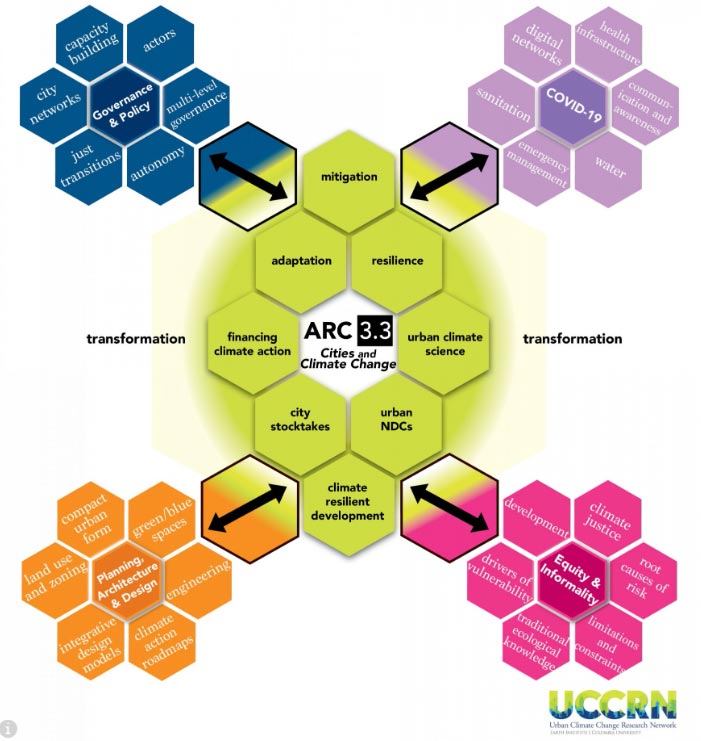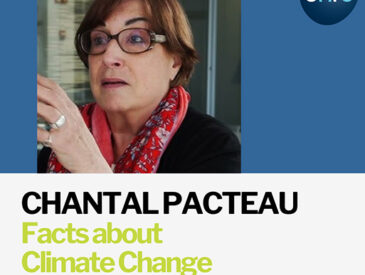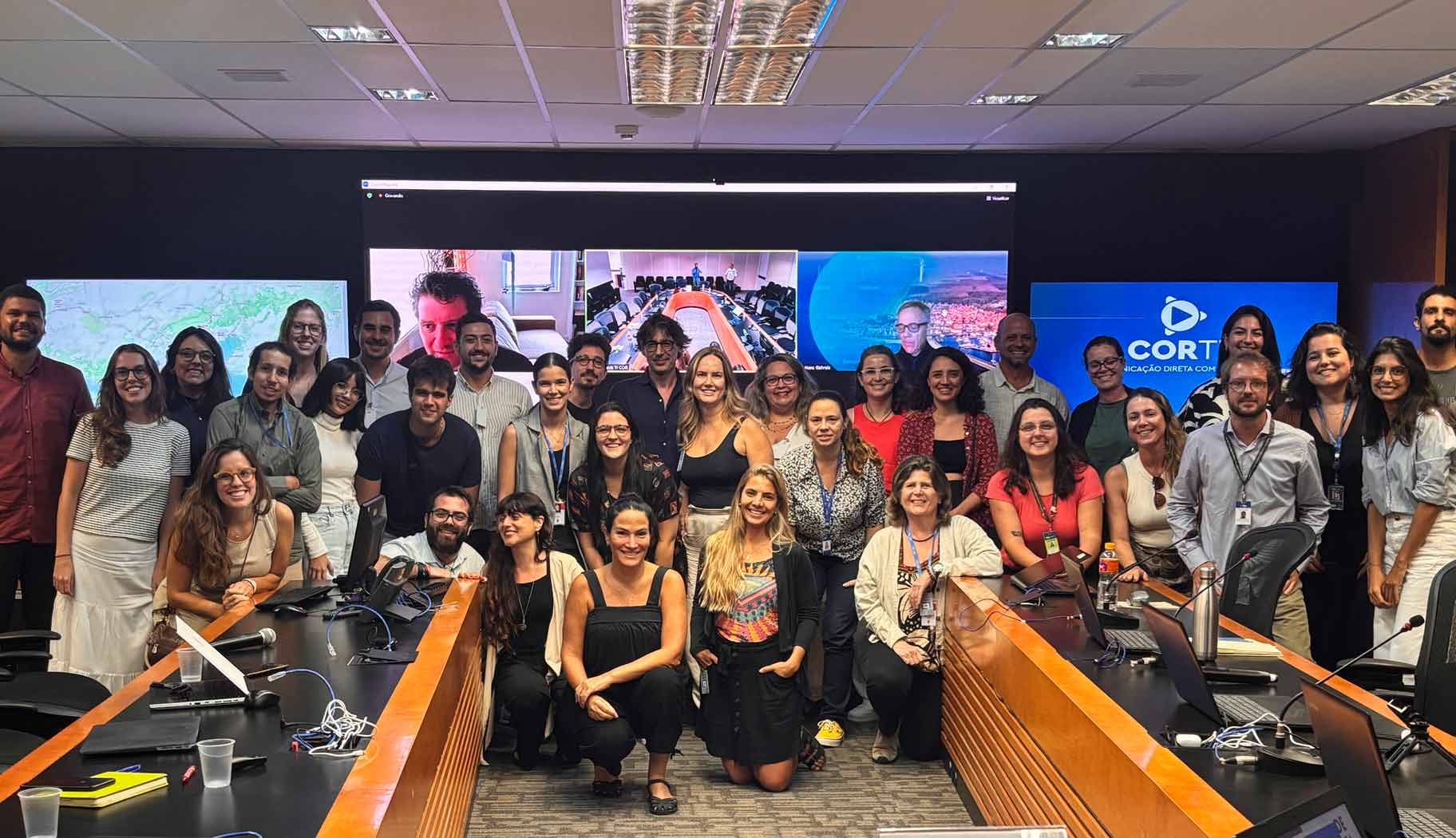The Conference of the Parties (COP) is the supreme decision-making body of the United Nations Framework Convention on Climate Change (UNFCCC). Theseis body promotes annual meetings to bring together countries that are signatories to the convention to discuss and negotiate agreements aimed at tackling climate change. The story begins in 1992 with the “Earth Summit” also known as Rio Agreement.
Here is the full story of COPs and its achieved goals.
List of Contents
COP 1 – Berlin 1995, Germany
This huge international summit picks up from the Earth Summit in Rio de Janeiro in 1992. The outcome of the conference was the “Berlin Mandate“, a document that established a phase of analysis and research to negotiate a “complete set of actions” from which States could independently choose the most appropriate ones for each of them. It was recognised that the initial commitments of the developed countries were insufficient and that further measures were needed to combat climate change.
Achievements: first steps but not enough.
COP 3 – Kyoto 1997, Japan
Representatives of 150 nations were convened to the Japanese capital to try to reach agreement on a number of issues, in particular, global warming. This conference led to the Kyoto Protocol, the first treaty that committed industrialized countries to reduce their greenhouse gas emissions by 5% below 1990 levels by 2012.
Achieved goals: the Kyoto Protocol, world’s first greenhouse gas emission reduction treaty.
COP 11 – Montreal 2005, Canada
The 2005 COP11 in Montreal was a key conference because the first meeting of the parties to the Kyoto Protocol was held. Mechanisms for implementing the Protocol, such as carbon markets and the clean development mechanism, were discussed and approved. A long-term dialogue was initiated to explore future climate action beyond 2012. The conference saw record attendance and culminated in the Montreal Declaration, which reaffirmed the global commitment to combating climate change.
Downsides: nothing new.

Discover ARC3.3
UCCRN edu is proud of its active participation in the development and dissemination of innovative content for ARC3.3, a publication by Cambridge University Press. Discover the new ARC3.3 release!
COP 15 – Copenaghen 2009, Denmark
The 2009 COP15 in Copenhagen led to the Copenhagen Accord, a non-binding political agreement that aimed to limit the global temperature rise to less than 2 ºC and to the creation of a $100 billion a year climate fund for developing countries. However, the negotiations were chaotic and inconclusive and led to disappointment and criticism.
Downsides: complete failure.
COP21 – Parigi 2015, France
At COP21 in Paris in 2015, representatives from 195 countries adopted the Paris Agreement, a binding global treaty to address climate change. The agreement aims to limit the global temperature rise “well below” 2°C to pre-industrial levels, with efforts to limit it to 1.5°C. The treaty entered into force in November 2016, representing a significant commitment to the international community in the fight against climate change.
Achieved goals: the first great achievement, a global and shared climate pact.
COP28 – Dubai 2023, United Arab Emirates
At COP28 in Dubai, countries officially acknowledged fossil fuels as the primary cause of climate change and agreed to “transition away” from them, aiming to triple renewable energy capacity and double energy efficiency by 2030. The conference featured the first Global Stocktake, highlighting the need for significant emission reductions to meet the 1.5°C goal. Financial commitments included a $400 million fund for vulnerable nations and progress on the Loss and Damage Fund. The event also emphasized inclusivity, with strong participation from non-state actors like businesses and Indigenous Peoples.
Achieved goals: inclusion of indigenous peoples.
List of all COPs from 1995 to 2024
COP 1 – Berlin, Germany, 1995
COP 2 – Geneva, Switzerland, 1996
COP 3 – Kyoto, Japan, 1997
COP 4 – Buenos Aires, Argentina, 1998
COP 5 – Bonn, Germany, 1999
COP 6 – The Hague, Netherlands, 2000 and Bonn, Germany, 2001 (continued session)
COP 7 – Marrakesh, Morocco, 2001
COP 8 – New Delhi, India, 2002
COP 9 – Milan, Italy, 2003
COP 10 – Buenos Aires, Argentina, 2004
COP 11 – Montreal, Canada, 2005 (also serving as the first Meeting of the Parties to the Kyoto Protocol, CMP 1)
COP 12 – Nairobi, Kenya, 2006
COP 13 – Bali, Indonesia, 2007
COP 14 – Poznań, Poland, 2008
COP 15 – Copenhagen, Denmark, 2009
COP 16 – Cancún, Mexico, 2010
COP 17 – Durban, South Africa, 2011
COP 18 – Doha, Qatar, 2012
COP 19 – Warsaw, Poland, 2013
COP 20 – Lima, Peru, 2014
COP 21 – Paris, France, 2015
COP 22 – Marrakesh, Morocco, 2016
COP 23 – Bonn, Germany, 2017 (hosted by Fiji)
COP 24 – Katowice, Poland, 2018
COP 25 – Madrid, Spain, 2019 (hosted by Chile)
COP 26 – Glasgow, United Kingdom, 2021 (originally scheduled for 2020 but postponed due to COVID-19)
COP 27 – Sharm El Sheikh, Egypt, 2022
COP 28 – Dubai, United Arab Emirates, 2023
COP 29 – Baku, Azerbaigian, 2024 (scheduled)
References
- Report of the Conference of the Parties on its first session, held at Berlin from 28 March to 7 April 1995: https://unfccc.int/resource/docs/cop1/07a01.pdf
- The Kyoto Protocol: https://unfccc.int/kyoto_protocol
- IGES’ (Institute for Global Environmental Strategies) Brief Summary of COP 11: https://www.iges.or.jp/en/pub/montreal-conference-climate-change-brief/en
- Copenaghen Accord: https://unfccc.int/resource/docs/2009/cop15/eng/l07.pdf
- The Paris Agreement: https://unfccc.int/process-and-meetings/the-paris-agreement
- Global Stocktake: https://unfccc.int/topics/global-stocktake





